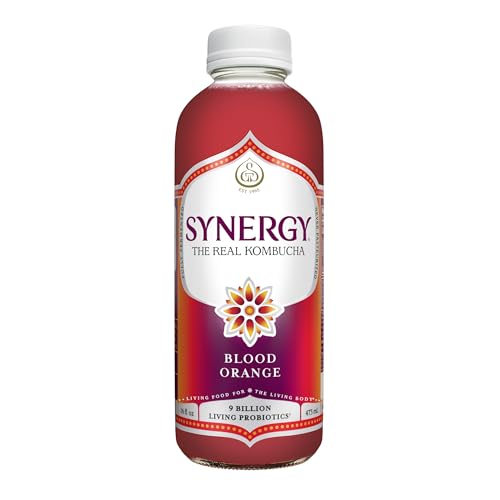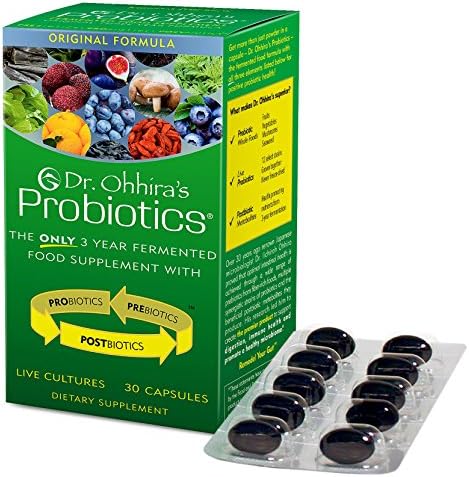Fermented Foods for Health: A Journey from Kitchen to Gut

I still remember the moment I first tasted homemade sauerkraut. The briny tang, alive with bubbles, filled me with curiosity. Little did I know, I was experiencing more than flavor—I was unlocking one of nature’s most powerful health tools. Fermentation, a process humans discovered over 13,000 years ago, transforms simple ingredients into probiotic-rich foods that deeply nourish our gut—and beyond.
A Daily Dose of Probiotics
When we eat fermented foods like yogurt, kefir, kimchi, or tempeh, we’re introducing live, beneficial microbes into our digestive system. These tiny allies help balance the gut microbiome, supporting digestion, reducing bloating, and reinforcing our intestinal defenses. In fact, studies consistently highlight improved digestion and a reduction in IBS and acid reflux symptoms thanks to regular probiotic intake.
Nutrients Made More Nutritious
The magic of fermentation extends beyond friendly bacteria. It elevates the nutritional profile of foods by increasing levels of B-vitamins, vitamins C and K2, and essential minerals such as iron, zinc, and magnesium. Moreover, fermentation breaks down anti-nutrients—like phytic acid found in grains and legumes—making nutrients more bioavailable and easier for our bodies to absorb.
Quieting Inflammation and Fortifying Immunity
A balanced gut doesn’t just digest better—it communicates with the immune system. With 70–80% of immunity rooted in the gut, probiotic-rich fermented foods help calm inflammation, reduce markers like CRP, and strengthen the body’s defense systems. One striking example is sauerkraut, which, at just 27 calories per serving, delivers postbiotics that protect intestinal cells and support immunity within weeks.
Nourishing the Mind through the Gut–Brain Axis
It turns out that gut health isn’t just about digestion—it’s deeply entwined with our emotional well-being. Through the gut–brain axis, beneficial microbes influence neurotransmitters like serotonin, which affect mood, anxiety, and clarity of mind. Fermented foods seem to play a quiet but profound role in easing stress and uplifting mood .
Beyond the Gut: Heart, Brain, Bones
Eating fermented foods also supports heart and metabolic health. Research shows that regular consumption can modestly lower LDL cholesterol, regulate blood pressure, and improve blood sugar control—reducing the risks of heart disease and type 2 diabetes . For bones, fermented dairy products like kefir contribute bone-strengthening nutrients such as calcium, vitamin D, and K2, especially valuable for post-menopausal women and those concerned with bone density.
Simple Ways to Bring Ferments Home
You don’t need to be a pro chef to create your own fermented foods. Inspired by fermentation pioneers like those from Noma, even sauerkraut can be made by mixing cabbage with a pinch of salt and letting it ferment for a week. Similarly, kimchi celebrated in Korea boasts beneficial vitamins, fiber, and lactic bacteria—and it’s deeply rooted in tradition, with Koreans consuming as much as 88 g daily. Whether buying fresh yogurts and kefir from the fridge or brewing kombucha at home, adding ferments to your day is both easy and joyful.
A Personal Invitation
If you’ve been feeling sluggish, battling digestion woes, or looking for a natural mood lift, try including a small serving of fermented food daily—maybe a spoonful of sauerkraut with dinner or a glass of kombucha mid-afternoon. Notice how your energy stabilizes, your digestion lightens, and even your skin may start to glow.
Fermented foods aren’t a fleeting trend—they are ancient wisdom proven by modern science. They belong on every plate, in every kitchen. Your gut, mind, body, and future self will thank you.



